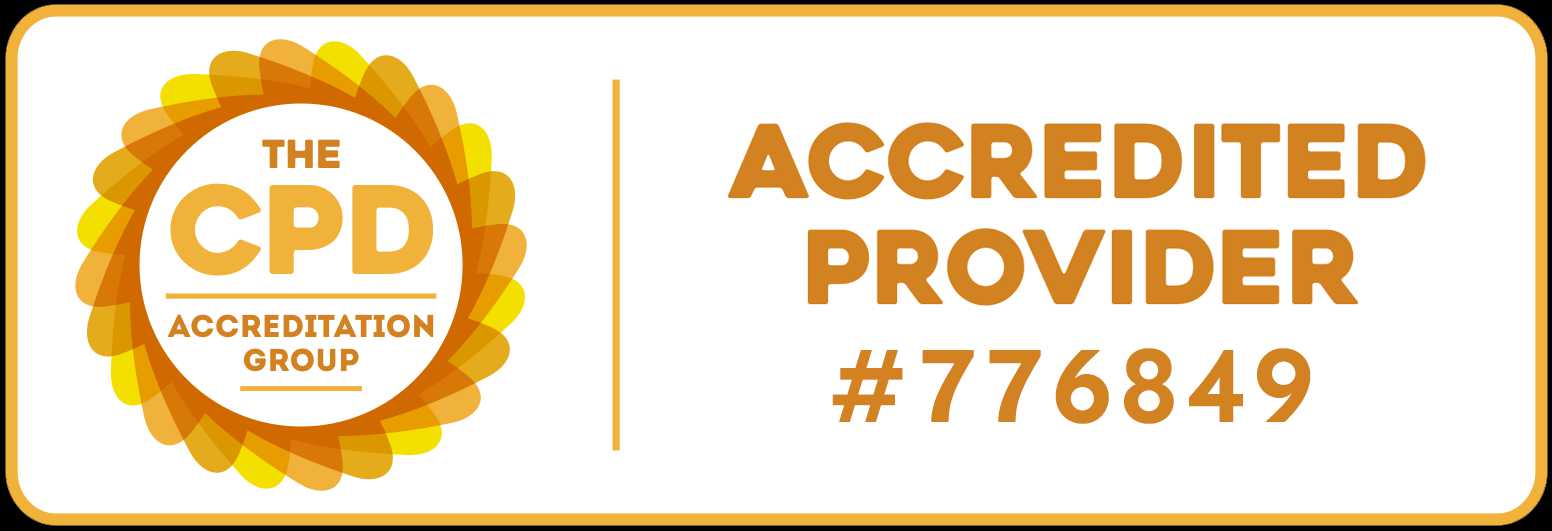
Biography
Biography: Cleto Corposanto
Abstract
The aim of this work is to deepen an aspect of the disease that until now has not been in any other way considered. The medical studies on celiac disease are many, we know the different forms with which the pathology manifests, but little or nothing is known about how the person lives his health condition. One aspect that is rather relevant, given that in addition to the clinical parameters on which the diagnoses are made, the doctor should also take into consideration the approach that the person establishes with food at different times of the day, and since the exclusion from the diet of gluten is the only existing cure, the psychological and social relapses are easily conceivable. We are within a scenario where on the one hand we have the inability to take any medication that can inhibit the symptoms, on the other the relevance of nutrition to a celiac person is remarkable because the food becomes no longer just a primary need, but it acquires a role full of meanings and multiple facets related to the well-being of the person. We live in a society where food-related aspects are a media phenomenon, with a televised palimpsest focused on gastronomic talk-shows up to reality shows in which psycho-physical discomfort and relational dynamics related to eating disorders become of common interest. This attention to food dynamics in its different forms, whether deriving from the media factor or are dictated by the medical context, inevitably imply resilient behaviors depending on the scope within which they occur. Nutrition and health, the latter understood in its broadest sense to the welfare of the social actor, become a moment of shared reflection, in a reality today that considers food an element laden with meanings, even more if the latter it is considered the border that traces the boundary between wellbeing, medicine and medicalization. The celiac person encloses in its value, social, working and medical sphere all the aspects hitherto described, for this reason we have decided to understand how (and how much) the celiacs are considered sick and to what extent this affects every day. The purpose of this contribution is to test a questionnaire that can be the first tool through which it is possible to place each celiac subject within a range that characterizes its personal approach to the disease. In this regard, the results of a web-survey will be discussed, thanks to the support of social media and the Web information channels most widely consulted by Celiacs. The methodological purpose of the questionnaire is to build a scale that measures the level of disease not from the medical point of view of clinical analyses, but from the direct point of view of the person who lives the disease daily. Six macro areas will be investigated: Disease, semantic illness, institutional sickness, sonetness, sickscape, experienced illness.

